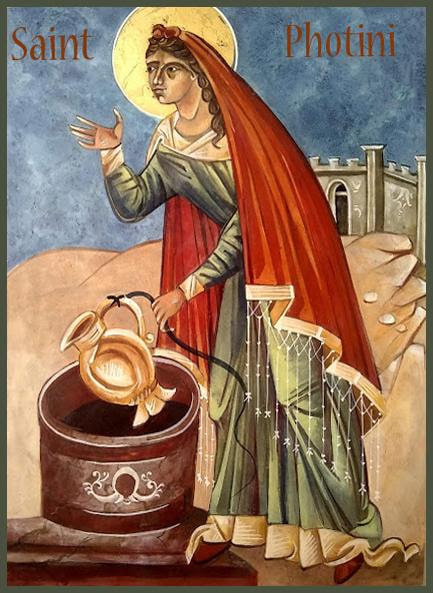|
by: The Reverend Mary McCue While serving as governor of Aemilia-Liguria in Italy, he went to quell a dispute over who should be Bishop between religious factions. A cry went up in theassembly (some legends say it was from a child), “Ambrose, Bishop, Ambrose, Bishop.” Acclaimed by all factions, he refused. After days of prayer and persuasion, though, he agreed to be baptized, ordained and installed as Bishop of Milan in 374.
He then began to study theology, aided by the excellent education he’d received that enabled him to be named governor, including the study of Greek. His knowledge of Greek stood him well as he studied theology, and began to preach. He became renowned for his preaching, and for his ability to be flexible in tolerating other religions, including Arianism (which claimed that the Son was subordinate to the Father). His ability to tolerate other customs led some to believe that he originated the philosophy of “When in Rome, do as the Romans do” – an extremely flexible view for that time. Ambrose became known for his purity, sympathy, energy and devotion to the Word of God. An accomplished musician, he gave us the gift of the antiphon, which we have enjoyed so many times in our own church. He is one of themost influential figures in the Church of that day, styled as one of the four traditional Doctors of the Church. (The others are Augustine, Jerome and Gregory the Great.) Devotion to God – a gift to us on this, Ambrose’s feast day.
1 Comment
|
Archives
May 2021
authorsThe Rev. Charles Hoffacker is a retired priest of the Diocese of Washington |

 RSS Feed
RSS Feed
